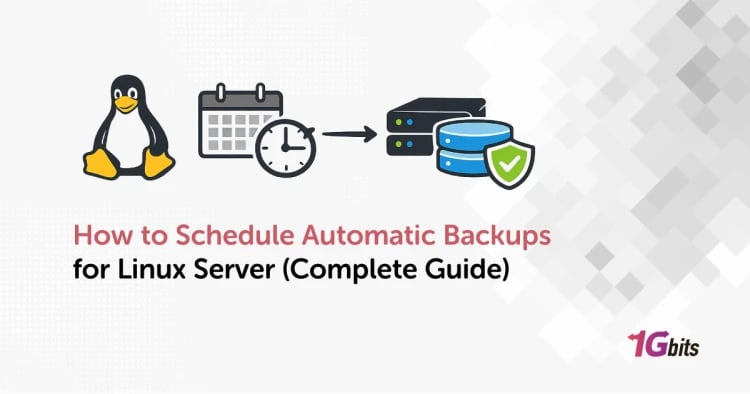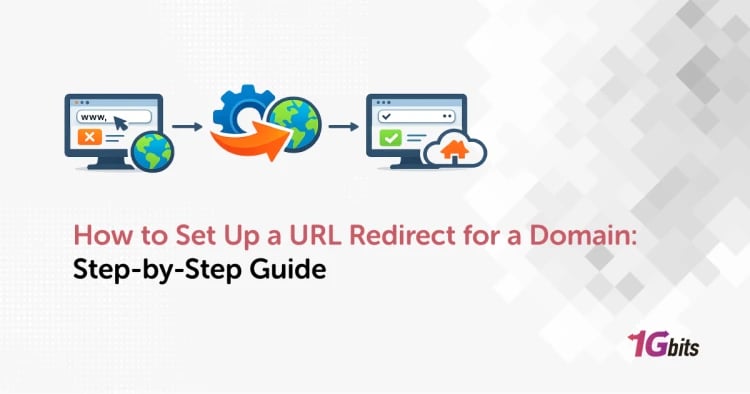These days, we notice how businesses prioritize their online presence to stay competitive. A robust and reliable website is critical for engaging customers and driving sales. The choice of hosting service can significantly impact website performance. Virtual Private Server (VPS) hosting has emerged as a preferred solution, offering dedicated resources, flexibility, and enhanced performance. In this article, we want to talk about the top 10 benefits of using VPS for your business. If you don’t know what exactly VPS is, you can get more information about What Is VPS Hosting here.
Types of VPS Hosting Plans
Understanding the types of VPS hosting available can help you choose the best option for your needs:
1. Windows VPS Hosting
-
Ideal for: Users familiar with the Windows operating system.
-
Applications: Perfect for Windows-specific applications like SQL Server databases and forex trading platforms.
-
Windows VPS Hosting Benefits: User-friendly interface with support for .NET applications.
2. Linux VPS Hosting
-
Ideal for: Cost-effective hosting solutions and open-source environments.
-
Applications: Suitable for web hosting projects requiring Linux distributions like Ubuntu, CentOS, or Debian.
-
Linux VPS Benefits: Greater flexibility and control, with a wide range of open-source software options.
3. Windows Hyper-V VPS Hosting
-
Ideal for: High-performance needs.
-
Applications: Utilizes Microsoft Hyper-V technology to enhance virtualization capabilities.
-
Advantages: SSD-powered for faster data retrieval and processing, providing a robust platform for demanding applications.
For insights on selecting the right VPS hosting for your specific needs, check out our guide on How to Choose VPS Hosting Tailored to Your Triumph.
Top 10 Benefits of Using VPS for Your Business
Exploring the benefits of VPS hosting reveals why it's a popular choice among businesses:
For a deeper look into top VPS options, check out our guide to the best VPS hosting providers, offering reliable solutions to elevate your business.
1. Improved Reliability
VPS hosting ensures that your website operates in an isolated environment. Unlike shared hosting, where a spike in traffic or a misbehaving website can affect all users on the server, VPS isolates your operations. This means that issues with other websites won't impact your site, resulting in higher reliability and uptime.
For businesses seeking cost-effective solutions, cheap VPS hosting offers an excellent way to enjoy the benefits of VPS while keeping expenses in check, making it an ideal choice for those looking to optimize both performance and budget.
2. Root Access and Greater Control
VPS hosting offers root access, which allows you to customize and configure your server environment according to your specific needs. This is a significant advantage over shared hosting, where customization is limited. With root access, you can install custom software, implement specific security measures, and manage configurations, giving you a level of control comparable to dedicated servers but at a lower cost.
3. Scalability
Business needs can change rapidly, and VPS hosting provides the scalability to match your growth. As your website traffic increases, you can easily upgrade your VPS resources such as CPU, RAM, and storage. So if you’re asking what can VPS be used for, this scalability ensures that your website continues to perform optimally without requiring significant downtime or technical adjustments. You can easily scale your resources with a VPS rental plan, ensuring your business stays agile and responsive to growing demands without costly infrastructure upgrades.
4. Enhanced Security
Security is a primary concern for businesses, especially those handling sensitive customer information. VPS hosting offers a more secure environment than shared hosting. With dedicated resources and isolated server environments, VPS reduces the risk of cyberattacks and data breaches. Additionally, many VPS providers offer advanced security features such as firewalls, DDoS protection, and SSL certificates to safeguard your data.
5. Fast Speed
With VPS hosting, your website benefits from dedicated resources, which translates into faster loading times and better performance. This is crucial for maintaining a positive user experience, reducing bounce rates, and improving search engine rankings. The increased speed is especially beneficial for eCommerce sites where quick page loading can directly impact sales conversions.
6. High Uptime
Another one of top 10 benefits of using VPS for your business is about being available 24/7. Many VPS providers guarantee high uptime, typically around 99.9%, ensuring that your website remains accessible to customers at all times. This reliability is vital for businesses that depend on constant online availability, such as eCommerce stores or service-based websites.
If you're looking to experience the benefits of VPS firsthand, consider trying a trial VPS before making a commitment. This allows you to test its performance, uptime, and reliability to see how it can support your business needs.
7. Dedicated Resources
VPS hosting provides dedicated resources, meaning your website has its own allocation of CPU, RAM, and storage, similar to a dedicated server. This setup ensures consistent performance and eliminates the variability often experienced with shared hosting. So, one of the uses of VPS shows up when resources are distributed among multiple users.
8. Cost-Effective
While VPS hosting offers many of the advantages of dedicated hosting, it is significantly more affordable. This cost-effectiveness makes VPS an attractive option for growing businesses that require more resources than shared hosting can provide but are not yet ready to invest in a dedicated server. If you’re wondering about how to buy a VPS, check this page.
9. Flexibility
If you’re still asking what is VPS used for, VPS plans offer customization options to tailor your server environment to your business needs. This flexibility allows you to choose the resources and software configurations that best suit your requirements, ensuring that you pay only for what you need.
10. Cloud Data Backups
Data backups are crucial for disaster recovery, and many VPS providers offer robust cloud backup solutions. These backups ensure that your data is safe and can be quickly restored during a server failure. So one of the main benefits of using VPS is minimizing downtime and data loss.
Additionally, choosing a VPS from a strategically located data center can further enhance performance and reliability. Explore various VPS locations to find the best option for your business needs.
To explore top-notch cloud VPS options that maximize these benefits, check out our guide on the Best Cloud VPS providers, designed to offer both performance and reliability.
VPS hosting provides numerous benefits, making it an ideal choice for businesses seeking to optimize their online presence. The top 10 benefits of using VPS for your business—such as reliability, security, scalability, and cost-effectiveness—make it a versatile hosting solution. For those looking to leverage these advantages in specific regions, 1Gbits offers Lithuania VPS, Asia VPS, Zurich, Switzerland VPS, UK VPS, Copenhagen, Denmark VPS, Finland VPS, Canada VPS, Singapore VPS, Hong Kong VPS, and Australia Sydney VPS options tailored to meet local business needs.




![What Is Cold Data Storage? ❄️ [2026 Guide] What Is Cold Data Storage? ❄️ [2026 Guide]](https://1gbits.com/cdn-cgi/image//https://s3.1gbits.com/blog/2026/02/what-is-cold-data-storage-750xAuto.webp)
![What Is Virtual Desktop Infrastructure? 🖥️ [VDI Explained] What Is Virtual Desktop Infrastructure? 🖥️ [VDI Explained]](https://1gbits.com/cdn-cgi/image//https://s3.1gbits.com/blog/2026/02/what-is-virtual-desktop-infrastructure-vdi-750xAuto.webp)

![How to Change VPS Password 🔑 [Windows & Linux] How to Change VPS Password 🔑 [Windows & Linux]](https://1gbits.com/cdn-cgi/image//https://s3.1gbits.com/blog/2025/12/how-to-change-your-vps-password-750xAuto.webp)


